EMPOWERMENT OF FISHERMAN GROUPS IN WONOGIRI DISTRICT
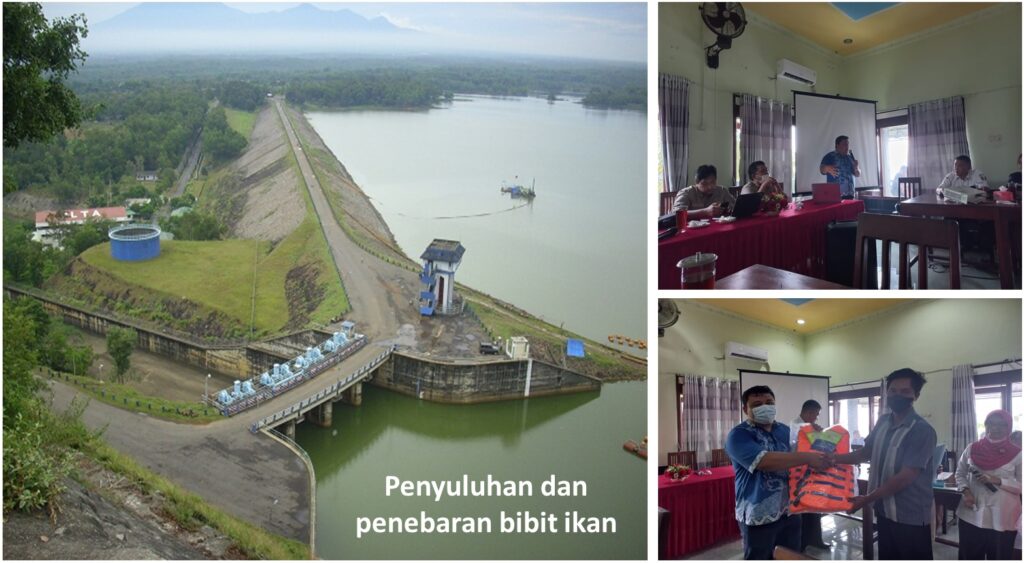
Semarang, FPIK Undip held an activity to empower fishermen’s groups in Wonogiri district on May 25, 2022. In addition, fish seeds were also stocked. The Department of Capture Fisheries Service Team FPIK UNDIP chaired by Bogi Budi Jayanto, S.Pi., M.Si and consists of Prof. Ir Azis Nur Bambang, MS, Prof. Dr. Aristi Dian Purnama Fitri, […]
In order to prevent the extinction of fish species, FPIK UNDIP students intensify research in Rawa Pening

[et_pb_section fb_built=”1″ admin_label=”section” _builder_version=”4.12.0″ custom_padding=”10px||0px||false|false” locked=”off” collapsed=”off” global_colors_info=”{}”][et_pb_row admin_label=”row” _builder_version=”4.12.0″ background_size=”initial” background_position=”top_left” background_repeat=”repeat” custom_padding=”||0px||false|false” global_colors_info=”{}”][et_pb_column type=”4_4″ _builder_version=”3.25″ custom_padding=”|||” global_colors_info=”{}” custom_padding__hover=”|||”][et_pb_text _builder_version=”4.14.2″ text_orientation=”justified” custom_padding=”0px||0px||false|false” global_colors_info=”{}”] FPIK, SEMARANG – (Source: Suaramerdeka.com) Students of the Faculty of Fisheries and Marine Sciences, University of Diponegoro (FPIK UNDIP) are intensifying research to prevent the risk of extinction of fish species […]
FPIK UNDIP Lecturer Invites Demak Community to Manage Plastic Waste

[et_pb_section fb_built=”1″ admin_label=”section” _builder_version=”4.12.0″ custom_padding=”10px||0px||false|false” locked=”off” collapsed=”off” global_colors_info=”{}”][et_pb_row admin_label=”row” _builder_version=”4.14.2″ background_size=”initial” background_position=”top_left” background_repeat=”repeat” custom_padding=”11px||0px||false|false” global_colors_info=”{}”][et_pb_column type=”4_4″ _builder_version=”3.25″ custom_padding=”|||” global_colors_info=”{}” custom_padding__hover=”|||”][et_pb_text _builder_version=”4.14.2″ text_orientation=”justified” custom_padding=”0px||0px||false|false” hover_enabled=”0″ global_colors_info=”{}” sticky_enabled=”0″] FPIK, SEMARANG - On Saturday (2/10), 10 students of the Faculty of Fisheries and Marine Sciences, Diponegoro University (FPIK UNDIP) class 2018 – 2020, including Fathiyah, Aen, Zalza, Taqiya, […]
We are Opening Marlin Squad Accelerating Program 2021

[et_pb_section fb_built=”1″ admin_label=”section” _builder_version=”4.3.2″ custom_padding=”0px||0px||false|false” locked=”off” collapsed=”off” global_colors_info=”{}”][et_pb_row admin_label=”row” _builder_version=”4.3.2″ background_size=”initial” background_position=”top_left” background_repeat=”repeat” custom_padding=”0px||0px||false|false” global_colors_info=”{}”][et_pb_column type=”4_4″ _builder_version=”3.25″ custom_padding=”|||” global_colors_info=”{}” custom_padding__hover=”|||”][et_pb_text _builder_version=”4.10.7″ text_orientation=”justified” custom_padding=”0px||0px||false|false” global_colors_info=”{}”] FPIK, SEMARANG – Independent Campus Competition Program, Faculty of Fisheries and Marine Science, Universitas Diponegoro (FPIK UNDIP). The program aims to provide an excellent research training and knowledge to help student […]
UNDIP Fisheries Product Technology Study Program Accompanies Comida Kendal UMKM in Presto’s Milkfish Production
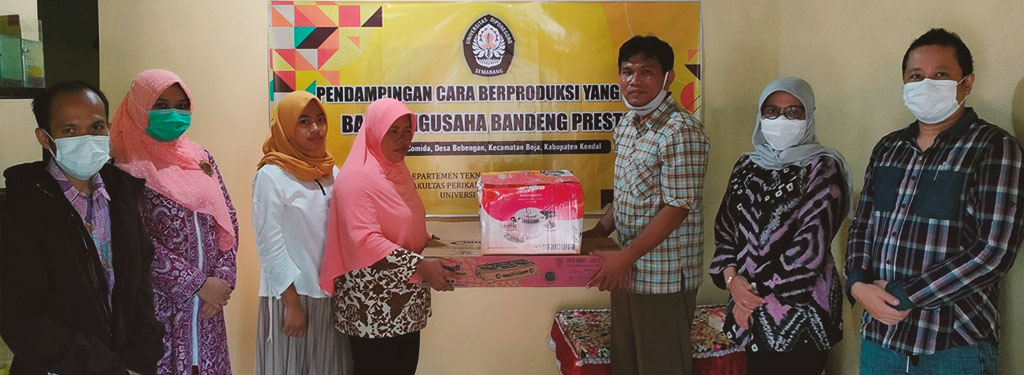
[et_pb_section fb_built=”1″ admin_label=”section” _builder_version=”4.3.2″ custom_padding=”0px||0px||false|false” locked=”off” collapsed=”off”][et_pb_row admin_label=”row” _builder_version=”4.3.2″ background_size=”initial” background_position=”top_left” background_repeat=”repeat” custom_padding=”0px||0px||false|false”][et_pb_column type=”4_4″ _builder_version=”3.25″ custom_padding=”|||” custom_padding__hover=”|||”][et_pb_text _builder_version=”4.9.7″ text_orientation=”justified” custom_padding=”0px||0px||false|false” hover_enabled=”0″ sticky_enabled=”0″] FPIK, SEMARANG – Community service is an activity that cannot be separated from the academic life of higher education. Likewise with the community service team from the Fishery Products Technology Study Program, Faculty […]
Breakthrough of the New Professor of UNDIP

[et_pb_section fb_built=”1″ admin_label=”section” _builder_version=”4.3.2″ custom_padding=”0px||0px||false|false” locked=”off” collapsed=”off”][et_pb_row admin_label=”row” _builder_version=”4.3.2″ background_size=”initial” background_position=”top_left” background_repeat=”repeat” custom_padding=”0px||0px||false|false”][et_pb_column type=”4_4″ _builder_version=”3.25″ custom_padding=”|||” custom_padding__hover=”|||”][et_pb_text _builder_version=”4.3.2″ text_orientation=”justified” custom_padding=”0px||0px||false|false”] FPIK, SEMARANG – Diponegoro University again held a presentation of prospective professors at the UNDIP Academic Senate Meeting Room which was attended by the Chair, Deputy, and Secretary of the Academic Senate, as well as […]
Encouraging Healthy Lifestyle for Tambak Mulyo Residents, MSP also Prioritizes Seafood Quality Standards
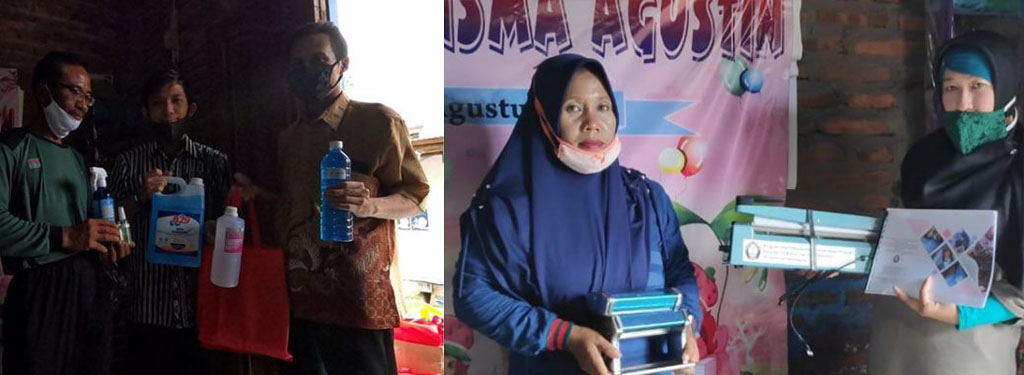
[et_pb_section fb_built=”1″ admin_label=”section” _builder_version=”4.3.2″ custom_padding=”0px||0px||false|false” locked=”off” collapsed=”off”][et_pb_row admin_label=”row” _builder_version=”4.3.2″ background_size=”initial” background_position=”top_left” background_repeat=”repeat” custom_padding=”0px||0px||false|false”][et_pb_column type=”4_4″ _builder_version=”3.25″ custom_padding=”|||” custom_padding__hover=”|||”][et_pb_text _builder_version=”4.3.2″ header_4_font=”||on||||||” header_4_font_size=”12px” text_orientation=”justified” custom_padding=”0px||0px||false|false” hover_enabled=”0″]FPIK, SEMARANG – Several Lecturers from the Aquatic Resources Management Study Program (MSP), Faculty of Fisheries and Marine Science (FPIK), Universitas Diponegoro (UNDIP) have carried out community service in Tambak Mulyo Village, Tanjung […]
Department of Aquatic Resources Successfully has Done Community Services in Jatibarang Reservoir
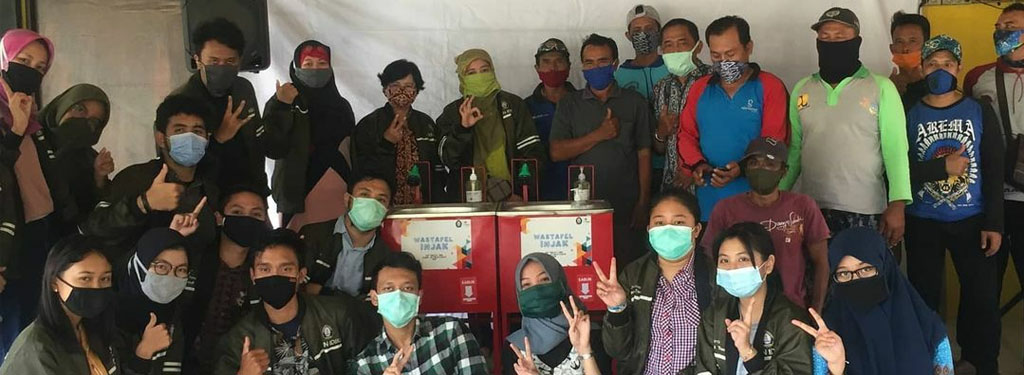
[et_pb_section fb_built=”1″ admin_label=”section” _builder_version=”4.3.2″ custom_padding=”0px||0px||false|false” collapsed=”off”][et_pb_row admin_label=”row” _builder_version=”4.3.2″ background_size=”initial” background_position=”top_left” background_repeat=”repeat” custom_padding=”0px||0px||false|false”][et_pb_column type=”4_4″ _builder_version=”3.25″ custom_padding=”|||” custom_padding__hover=”|||”][et_pb_text _builder_version=”4.3.2″ text_orientation=”justified” custom_padding=”0px||0px||false|false”] FPIK, SEMARANG – The Service Team of the Department of Aquatic Resources, Faculty of Fisheries and Marine Sciences (FPIK), Diponegoro University (UNDIP), held a series of activities with the Suko Makmur Tourism Awareness Group (Pokdarwis) in […]
Rob Calendar application created by Department of Oceanography is beneficial for Indonesian coasts

[et_pb_section fb_built=”1″ admin_label=”section” _builder_version=”4.3.2″ custom_padding=”0px||0px||false|false” collapsed=”off”][et_pb_row admin_label=”row” _builder_version=”4.3.2″ background_size=”initial” background_position=”top_left” background_repeat=”repeat” custom_padding=”0px||0px||false|false”][et_pb_column type=”4_4″ _builder_version=”3.25″ custom_padding=”|||” custom_padding__hover=”|||”][et_pb_text _builder_version=”4.3.2″ text_orientation=”justified” custom_padding=”0px||0px||false|false”] FPIK, SEMARANG – The tidal flood disaster known locally as rob is a natural event caused by the sea level dynamics that periodically inundates the land surface. Combined with present climate change, it is potentially harmful […]
FPIK UNDIP Introduces Liquid Smoke Technology to Small Scale/Micro Industry (UMKM) in Kendal Regency
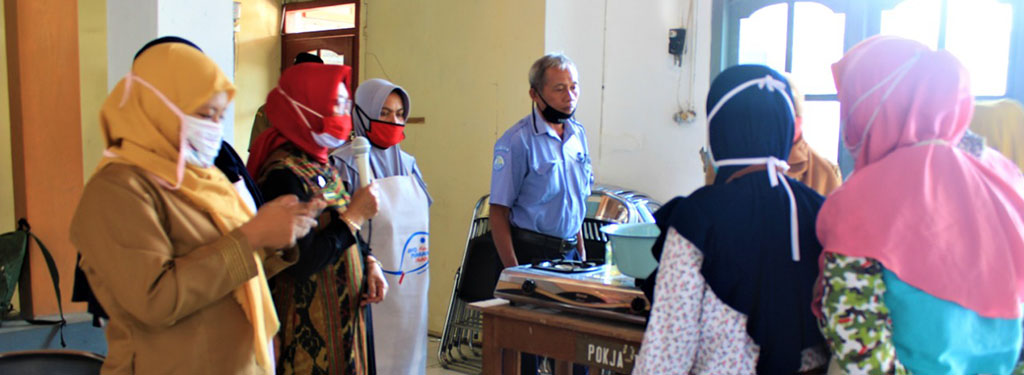
[et_pb_section fb_built=”1″ admin_label=”section” _builder_version=”4.3.2″ custom_padding=”0px||0px||false|false”][et_pb_row admin_label=”row” _builder_version=”4.3.2″ background_size=”initial” background_position=”top_left” background_repeat=”repeat” custom_padding=”0px||0px||false|false”][et_pb_column type=”4_4″ _builder_version=”3.25″ custom_padding=”|||” custom_padding__hover=”|||”][et_pb_text _builder_version=”4.3.2″ text_orientation=”justified” custom_padding=”0px||0px||false|false” hover_enabled=”0″] FPIK, SEMARANG – The Department of Fisheries Product Technology, Faculty of Fisheries and Marine Science (FPIK), Diponegoro University (UNDIP) has conducted training for fish smoking using liquid smoke technology for small scale industry/micro-business (UMKM) in Kendal […]
